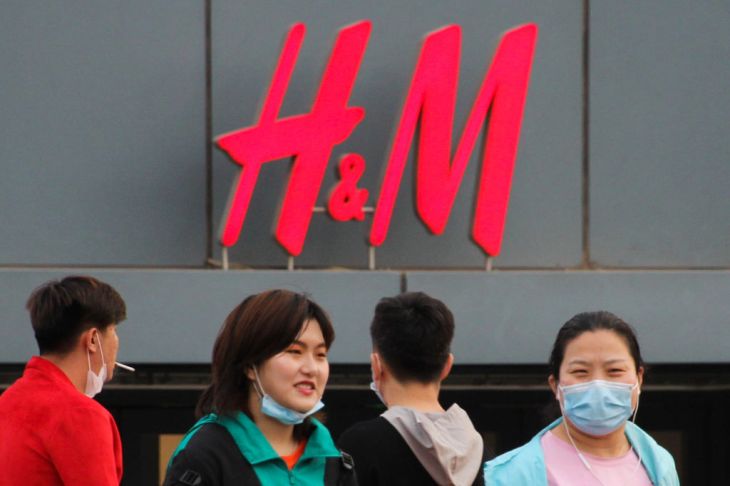
The Swedish fashion group Hennes & Mauritz (H&M) is facing a potential boycott in China after distancing itself from China’s treatment of the Muslim minority Uighurs, BBC reports. According to the media, the major Chinese e-commerce platforms Pinduoduo, JD.com, and Tmall have removed clothing from H&M from their websites after H&M announced that the retailer will not use cotton from the Xinjiang region in China.
According to the New York Times, H&M wrote in a statement last year that the group “is deeply concerned about reports from organizations and the media that come with accusations of forced labor and discrimination against ethnic and religious minorities” in Xinjiang. The link that the newspaper shared with the announcement is however no longer available on H & M’s website.
China’s opposition to H&M comes after EU foreign ministers on Monday decided to sanction China for human rights violations and on Wednesday, a youth branch of the Communist Party of China reached out to H&M. According to BBC, the youth department states on the social media Weibo that “Spreading rumors of boycotting Xinjiang cotton, but also want to make money in China? Wishful thinking.” In addition, the youth department shared screenshots of H & M’s press release from last year.
News agency AP reports that on Thursday, the state-run Chinese media Global Times wrote that the clothing and shoe brands Burberry, Adidas, Nike, and New Balance have also made “derogatory statements” about cotton from Xinjiang and according to BBC, several Chinese celebrities have distanced themselves from Western clothing brands.
According to British The Guardian, over 20 percent of the world’s cotton is produced in Xinjiang and 84 percent by China. Human Rights organizations state that China has sent up to one million Uighurs to so-called re-education camps. In 1949, the Uighurs made up 90 percent of the population of Xinjiang. Today, they are in the minority after years of immigration of ethnic Han Chinese.




